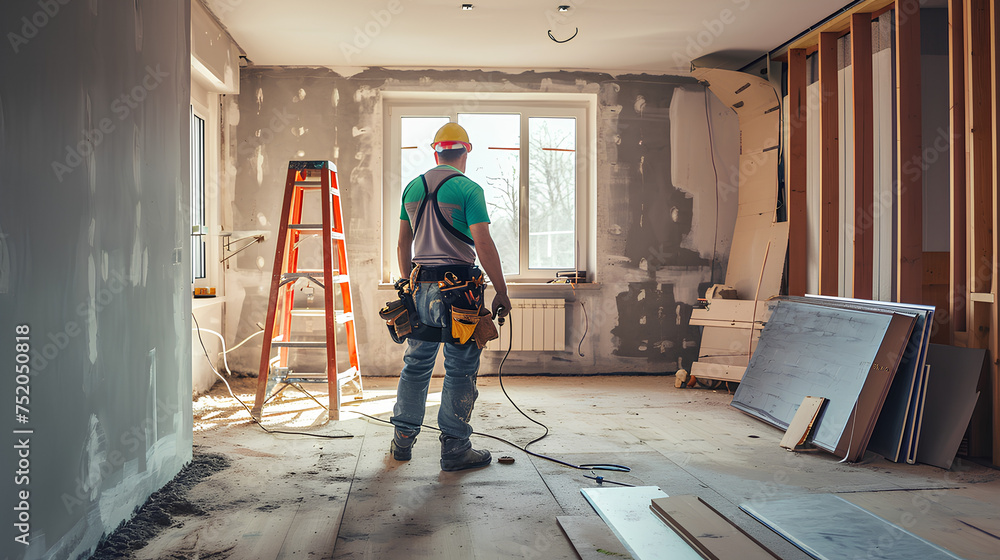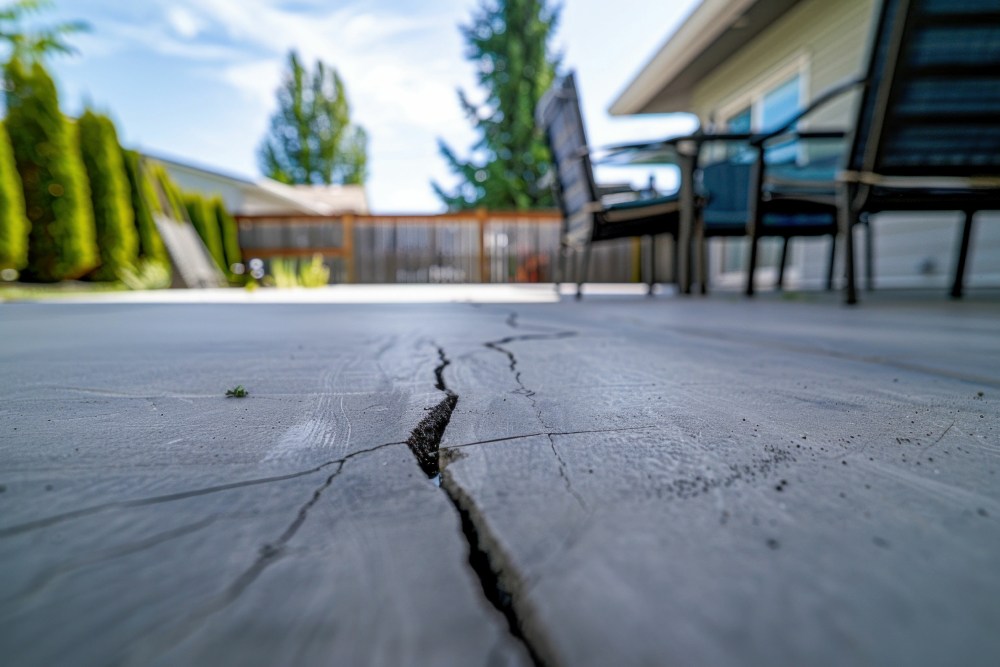Home improvement projects can enhance the comfort, functionality, and value of your home, but they can also be expensive. To make sure you get the best value for your investment, it’s essential to avoid overpaying. Here are some practical tips and strategies to help you avoid overpaying for home improvement projects.
1. Plan and Budget Thoroughly
Detailed Project Plan- Define Scope: Clearly outline the scope of your project, including specific tasks, materials, and desired outcomes. Detailed planning helps avoid misunderstandings and unexpected costs.
- Create a Vision: Develop a vision board or use design software to visualize your project and make informed decisions about materials and finishes.
- Itemize Costs: Create an itemized budget that includes all potential costs, such as materials, labor, permits, and a contingency fund for unexpected expenses.
- Stick to Your Budget: Once your budget is set, try to stick to it as closely as possible to avoid overspending.
2. Research and Compare Contractors
Get Multiple Quotes- Competitive Bidding: Contact at least three contractors to provide detailed written estimates. Comparing multiple quotes helps ensure you get a fair price.
- Consistent Scope: Provide each contractor with the same project scope and specifications to ensure the estimates are comparable.
- Licensed and Insured: Verify that each contractor is licensed and insured. Check with your local licensing authority and ask for proof of insurance.
- Reputation and References: Read online reviews and ask for references from past clients to ensure the contractor has a good reputation for quality work and professionalism.
3. Understand the Contract
Detailed Written Contract- Scope of Work: Ensure the contract clearly defines the scope of work, including specific tasks, materials, and timelines.
- Payment Schedule: Outline a payment schedule that ties payments to project milestones or completion percentages. Avoid large upfront payments.
- Itemized Estimate: Make sure the contract includes an itemized estimate of all costs, including materials, labor, permits, and any other expenses.
- Avoid Hidden Fees: Ask about any potential additional costs that could arise during the project and make sure they are included in the contract.
Join HICP Homeowner’s Alliance
Connect with experts, get special discounts and enjoy member benefits
4. Choose Quality Materials Wisely
Research Materials- Quality vs. Cost: Research the materials you plan to use and balance quality with cost. High-quality materials may have a higher upfront cost but can save money in the long run by reducing maintenance and replacement needs.
- Alternative Options: Consider alternative materials that offer similar performance and aesthetics at a lower cost.
- Volume Discounts: If you’re planning multiple projects or a large-scale renovation, buying materials in bulk can lead to significant savings.
- Supplier Discounts: Ask suppliers if they offer discounts for bulk purchases or for buying during sales periods.
5. Avoid Change Orders
Plan Thoroughly- Detailed Planning: Thoroughly plan your project and make all major decisions before work begins. Changes made during the project can lead to additional costs and delays.
- Stick to the Plan: Once the project starts, try to stick to the original plan as closely as possible to avoid unnecessary changes.
- Written Approval: If changes are necessary, document them in writing and get approval from both parties. Ensure any additional costs are clearly outlined and agreed upon.
6. Monitor the Project Closely
Regular Inspections- Frequent Visits: Conduct regular site visits to monitor progress and ensure work is being performed according to the contract.
- Quality Control: Check the quality of workmanship and materials regularly to ensure they meet your standards.
- Progress Reports: Request regular progress reports from your contractor to stay informed about the project status and address any issues promptly.
- Open Communication: Maintain open lines of communication with your contractor to quickly resolve any concerns or changes.
7. Avoid Upfront Payments
Reasonable Deposits- Initial Payment: Avoid making large upfront payments. A reasonable deposit is typically 10-20% of the total project cost.
- Milestone Payments: Tie payments to specific project milestones or completion percentages to ensure you only pay for work that has been satisfactorily completed.
- Project Completion: Withhold the final payment until the project is completed to your satisfaction and any required inspections are passed.
- Documentation: Ensure you receive all necessary documentation, such as warranties, permits, and lien waivers, before making the final payment.
8. Use DIY for Simple Tasks
Assess Your Skills- DIY Potential: Evaluate your skills and determine which tasks you can handle yourself. Simple tasks like painting, landscaping, or minor repairs can be done without hiring a contractor.
- Cost Savings: Doing some of the work yourself can significantly reduce labor costs and overall project expenses.
- Complex Tasks: For complex tasks that require specialized skills or knowledge, it’s best to hire a professional to ensure the work is done correctly and safely.
- Safety Considerations: Prioritize safety and avoid attempting tasks that could pose risks if not done properly.
Conclusion
Avoiding overpaying for home improvement projects requires thorough planning, diligent research, clear communication, and proactive management. By setting a realistic budget, comparing contractor quotes, understanding your contract, choosing quality materials wisely, avoiding change orders, monitoring the project closely, avoiding large upfront payments, and handling simple tasks yourself, you can protect your investment and ensure you get the best value for your money. Always prioritize transparency, documentation, and professional advice to navigate home improvement projects successfully and avoid unnecessary costs.




















